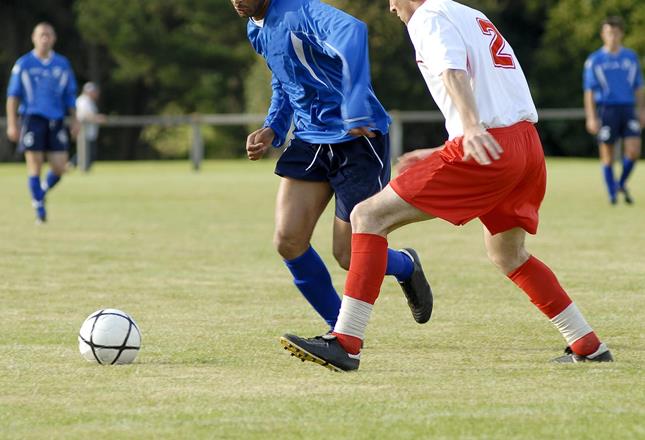
The last couple of weeks have been busy for sport and politics. The FA announced changes aimed to create a more “inclusive and diverse game”, which coincided with the Prime Minister’s reshuffle of her Cabinet to make sure “the government looks more like the country it serves.” Both are ambitious targets, but the FA’s reforms – and the introduction of the ‘Rooney Rule’ in particular – set a precedent for politics. If the FA is adopting a Black, Asian and Minority Ethnic (BAME) shortlist for candidate selections, surely it is time that our political parties do the same?
What is the ‘Rooney Rule’?
The ‘Rooney Rule’ requires at least one BAME candidate to be shortlisted for interview for either head coach or senior football operational vacancies. The FA announced it is adopting the rule, together with a raft of other measures which aim to boost diversity and inclusion, including:
Such steps are bold moves which should help football become more representative. But how does this compare with politics? Following the Prime Minister’s reshuffle, only one Cabinet minister is from a black or ethnic minority background, which is woefully low. The problem extends beyond Cabinet, with BAME MPs making up 8% of the total number of members in the House of Commons which is just 52 out of 650 MPs.
Diversity in Parliament
The Labour Party has arguably been the most progressive party in enhancing under-represented groups in the House of Commons. Its adoption of All Women Shortlists (AWS) significantly boosted the number of female MPs, which jumped from 60 in 1992 to 120 in 1997, and has steadily increased to 208 following the 2017 General Election.
The Conservative Party prefers selection methods based on meritocracy and is against using shortlists for selection. It has, however, increased the number of female MPs through a training and support network, Women2Win (co-founded by the Prime Minister and Baroness Jenkin).
The case for All Minority Ethnic Shortlists (AMES)
Given the success of All Women Shortlists, it seems surprising that no political party is willing to take forward All Minority Ethnic Shortlists which would help boost the number of BAME MPs. Doing so would help make sure that the needs of all communities are better reflected in policy-making – including policy that impacts sport and recreation.
In recent years, however, there has been debate among politicians around using AMES, including the practical challenges associated with its implementation, such as:
These arguments are well known and they can be addressed. For example, the Labour Party in Edmonton chose its 2015 general election candidate using a shortlist made up entirely of women from ethnic minorities – suggesting that AMES can be taken forward providing it has the will of the political party.
The FA has set a good example by adopting the ‘Rooney Rule’ as well as wider inclusion and diversity reforms. It is therefore time that our political parties take forward All Minority Ethnic Shortlists at the next election – if sport and recreation organisations are stepping up to the challenge, so too should politics.
This afternoon, the Chancellor delivered her Budget speech to Parliament, outlining decisions on tax and spending.
Read moreAhead of the Chancellor’s Budget statement on 26 November, we take a look a look at the key areas to be aware of and the work the Alliance has been doing lobbying on behalf of members.
Read moreGovernment has today formally launched a consultation on reforming the role of statutory consultees in the planning system. The consultation runs for eight weeks, closing on 13 January 2026.
Read moreJoining the Sport and Recreation Alliance is pretty simple, but worthwhile!
Register now